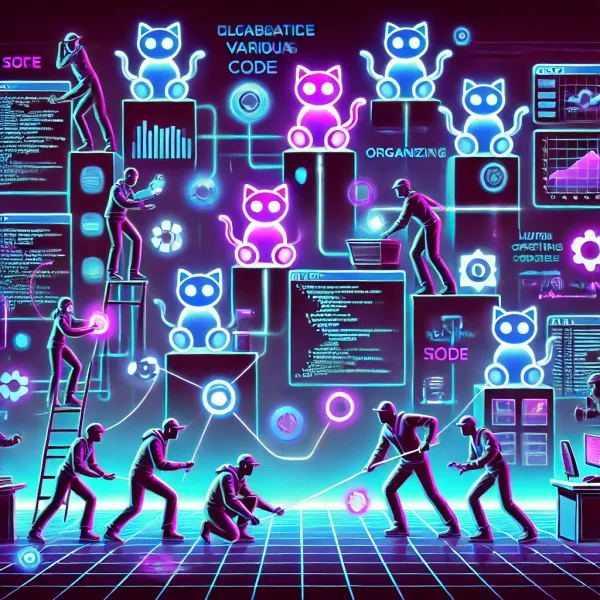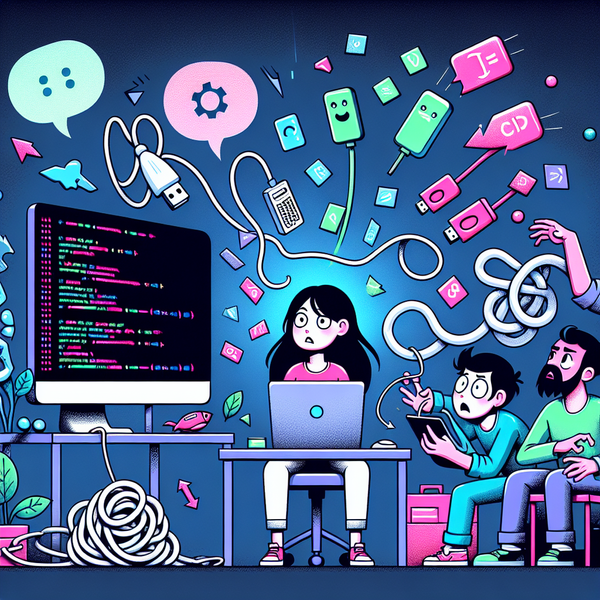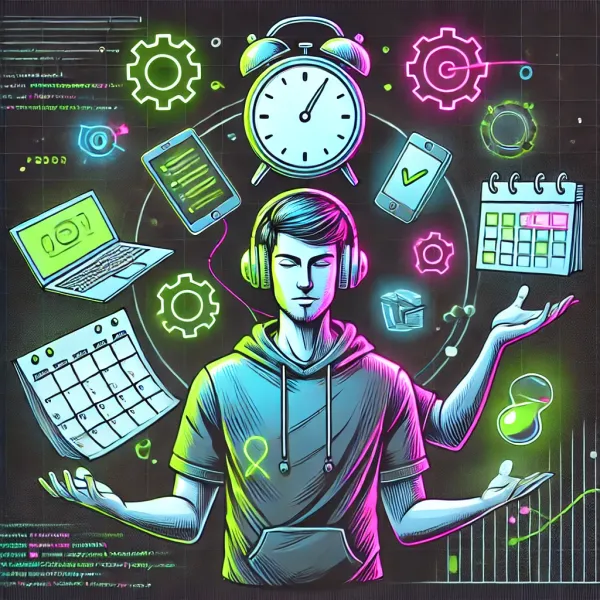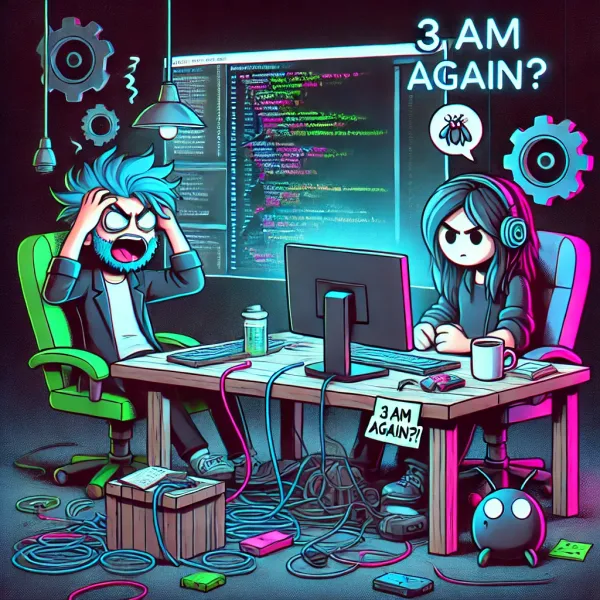Creating a Productive Daily Routine for Developers
Boost productivity with a daily routine for developers. Prioritize tasks, improve collaboration, and build adaptability for success.
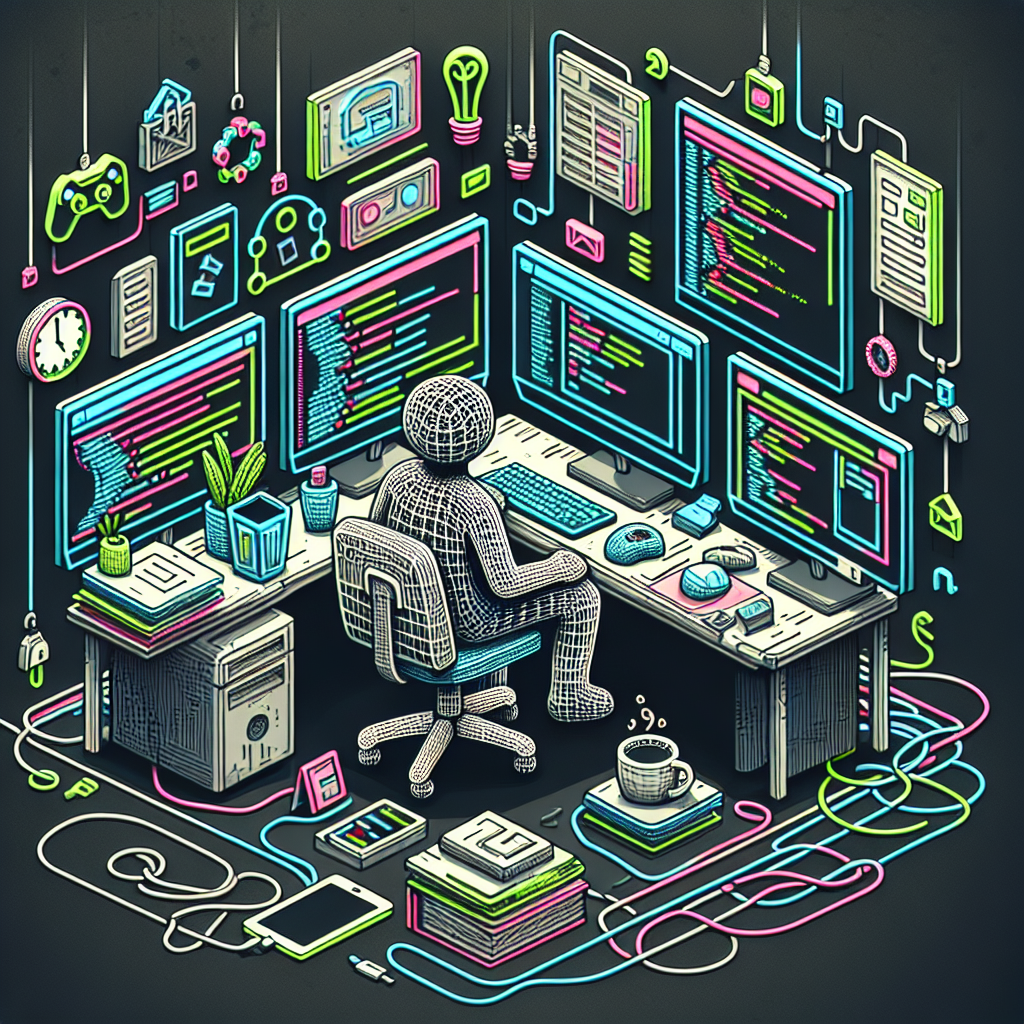
Ever feel like you’re spinning your wheels but not getting anywhere? You’re not alone. Many software engineers struggle with productivity in the chaotic world of coding, deadlines, and team dynamics. But what if I told you that the secret to unlocking your productivity lies not just in technical skills but also in soft skills? Let’s break it down.
🔑 Key Takeaways 🔑
- Prioritize and organize your tasks to combat overwhelm.
- Hone your communication and collaboration skills for better teamwork.
- Develop problem-solving and critical thinking to tackle challenges head-on.
- Cultivate self-awareness and self-motivation to stay on track.
- Stay resourceful and adaptable in a constantly changing environment.
- Foster emotional intelligence and empathy for a healthier workplace.
Time Management: The Foundation of a Productivity
Time waits for no one. If you’re not managing it, it’ll manage you—and poorly at that. Here are some strategies to reclaim your time:
- Set Priorities: Start your day by identifying the most critical tasks. Tackle them first. Think of it as eating the frog—do the hard stuff before breakfast. For more on this, check out our guide on task prioritization in software development.
- Organize Your Work: Use tools like to-do lists, calendars, or project management software. A cluttered workspace leads to a cluttered mind. Keep your digital and physical spaces organized.
- Timebox Tasks: Allocate specific time slots for each task. This keeps you focused and helps with estimating project timelines. Set a timer. You’d be amazed how much you can do in 25 minutes. For a deeper dive, explore our article on the Pomodoro technique for software developers.
- Take Breaks: Don’t underestimate the power of a quick break. Step away, grab a coffee, or take a walk. Your brain will thank you, and your productivity will skyrocket. For more tips on managing breaks, check out our piece on avoiding procrastination in dev projects.
Communication and Collaboration: The Team Player's Toolkit
You can be the best coder in the world, but if you can’t communicate, you’re dead in the water. Here’s how to sharpen those skills:
- Clear Communication: Use simple language to explain your ideas. Remember, you’re often speaking to people who might not understand your tech jargon.
- Active Listening: Listen more than you talk. Understanding your teammates’ perspectives is vital for resolving issues and moving projects forward.
Problem-Solving and Critical Thinking: The Innovator's Mindset
Problems are inevitable, but solutions are a choice. Here’s how to enhance your problem-solving skills:
- Approach Problems Logically: Break down complex issues into bite-sized pieces. Analyze data, identify patterns, and think creatively to find solutions.
- Think Outside the Box: Embrace unconventional solutions. Stay curious and keep updating your knowledge. Don’t just follow the crowd—be the leader who carves their own path.
Self-Awareness and Self-Motivation: The Inner Drive
Your biggest project is you. Cultivating self-awareness and self-motivation is key to a productive routine:
- Identify Areas for Improvement: Acknowledge your strengths and weaknesses. Seek training or mentorship to fill those gaps.
- Self-Motivation: Push through challenges. When debugging drives you mad, remember that persistence is a developer’s best friend. Check our article on setting realistic deadlines for developers to help manage your expectations.
Resourcefulness and Adaptability: The Agile Mindset
Change is the only constant in software development. Here’s how to stay ahead of the curve:
- Research and Learn: When you hit a knowledge gap, take the initiative to learn. Your growth mindset will not only benefit you but will also elevate your team.
- Adapt to New Problems: Stay flexible. Agile development means requirements change, and so should your approach. This adaptability is crucial in sprint release planning for developers.
Emotional Intelligence and Empathy: The Human Element
At the end of the day, we’re all human. Emotional intelligence is crucial for a harmonious workplace:
- Understand Colleagues and Users: Develop empathy to appreciate different perspectives. This will enhance collaboration and lead to better user-centric solutions.
Practical Tips for Implementation
- Take Courses or Bootcamps: Invest in continuous learning. Soft skills like communication and collaboration can be honed through practical experiences.
- Find a Mentor: Connect with a senior engineer. Their guidance can be invaluable in improving both your technical and soft skills.
- Write Clearly: Your written communication matters. Ensure your code comments, emails, and documentation are clear and concise. Good writing promotes good collaboration. Explore tools for project management and time tracking to streamline this process.
Conclusion
Creating a productive daily routine is a journey, not a destination. By integrating these soft skills into your life, you’ll find yourself not just more productive, but also more fulfilled. So take action today—prioritize, communicate, adapt, and grow. Your future self will thank you! For more insights, check out our articles on managing multiple dev projects and tracking effort in Agile development.

